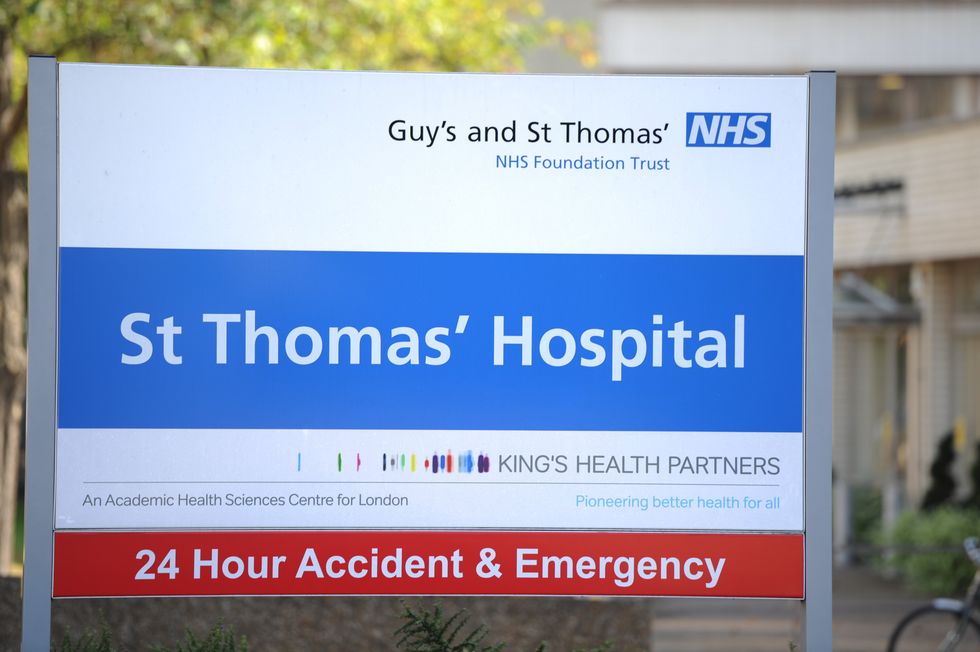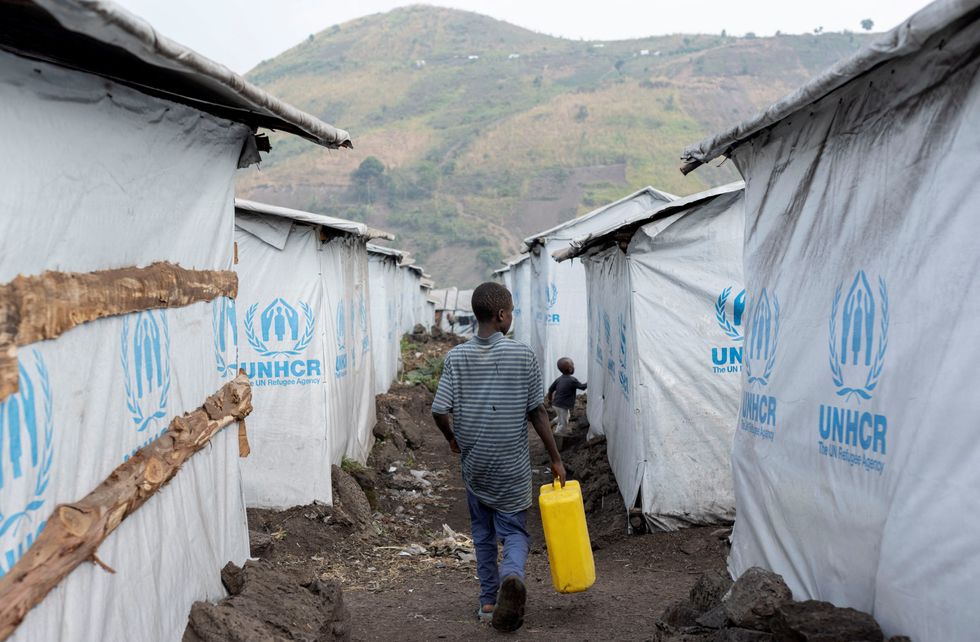More cases of a deadly new strain of mpox have been detected in the UK – just days after the virus was recorded having breached Britain’s shores for the first time.
Last week, the UK Health Security Agency (UKHSA) said one case of mpox variant Clade 1b had been picked up in London – but now, two more cases have been detected, also in the capital.
The two patients with the new strain are currently receiving specialist care at Guy’s and St Thomas’ NHS Foundation Trust in London, the UKHSA added.
The duo are “household contacts of the first case”, it said.
Two more cases of mpox have now been detected in London
GETTY
The body’s chief medical adviser Professor Susan Hopkins said: “Mpox is very infectious in households with close contact and so it is not unexpected to see further cases within the same household.
“The overall risk to the UK population remains low.
“We are working with partners to make sure all contacts of the cases are identified and contacted to reduce the risk of further spread.”
A statement from the UKHSA on Monday evening said that there has been “extensive planning underway” in order to “ensure healthcare professionals are equipped and prepared to respond to any further confirmed cases”.
LATEST MPOX DEVELOPMENTS:

The patients are under specialist care at Guy’s and St Thomas’ in south London
PA
It added that contacts of all three confirmed cases are being “followed up by UKHSA and partner organisations”.
“All contacts will be offered testing and vaccination as needed and advised on any necessary further care if they have symptoms or test positive,” the agency said.
Mpox is a viral disease which causes fluid-filled skin lesions, fever and – in severe cases – death.
It spreads through close contact with an infected person’s skin, sores, scabs, bodily fluids, or respiratory droplets.

Clade 1b is gripping parts of central and west Africa
REUTERS
The virus is gripping parts of central and west Africa, where it has infected over 25,000 people and led to almost 1,000 deaths since it was detected in the Democratic Republic of the Congo last year.
But it has since spread to Sweden, Thailand, Pakistan and the Philippines – as well as the three cases in Britain.
In response to the outbreak in parts of Africa, World Health Organization (WHO) bigwigs and affected nations have moved to activate the Global Health Emergency Corps (GHEC) for the first time.
The GHEC is a group of professionals who work to strengthen responses to health emergencies, and provides a way for countries and health emergency networks to work together to battle disease outbreaks like this one.












